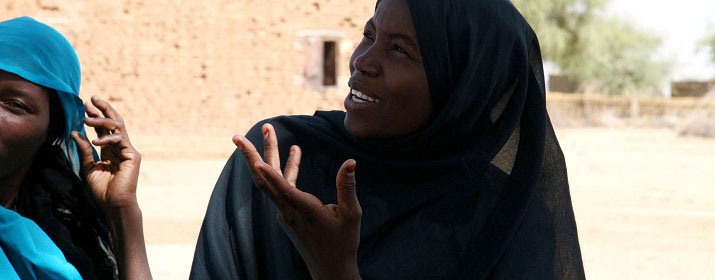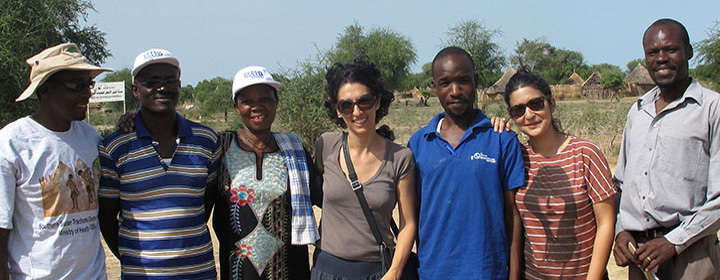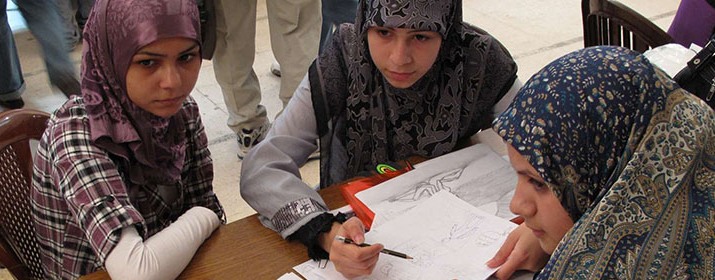Positive evaluation of NGO networks (AOI – ASSOCIATION OF ORGANIZATIONS OF INTERNATIONAL COOPERATION AND SOLIDARITY and Link 2007 – COOPERATING IN NETWORK).
Whether it’s a true reform and that important innovations have been introduced, compared to the previous law of 1987, twenty-seven years ago, no one can question that. The text approved yesterday in the Chamber of Deputies is the result of an extensive and systematic work began about three years ago, resuming the efforts interrupted in the previous years, which saw broad participation and in-depth comparison between the different parts: the Parliament, the political parties and the government, the networks of NGOs working in international cooperation and solidarity, the Third Sector Forum, the regions and local governments, ministries and institutions involved, the cooperative system, the entrepreneurs associations, universities and research, national and international experts.
The networks of NGOs have ensured their maximum effort, forming a working group that has maintained a constant dialogue with the political parties and lobbies of international cooperation. Bringing our position with a unique voice, we presented and motivated proposals and suggestions to improve the proposed texts, until the last government bill on 24 January 2014, and throughout his examination in Parliament.
In details, we have asked:
– to overcome the concept of ODA, official development assistance, adopting the CPS, official cooperation for development; putting an end to the limited concept of the donor-recipient relationship to focus on the cooperation and partnership relations, from the action to eradicate poverty, to sustainable development, human rights and peace.
– to express in the first article of the law the founding principles and purposes, as an essential reference for Italy and all subjects of cooperation,
– to give wider recognition to the various subjects of development cooperation, national and local, public and private, non-profit and profit organizations, with their specificity and expertise, while maintaining the non-profit dimension irreplaceable for its values,
– to define a clear political reference, in the position of a deputy minister with full powers, within a Ministry of Foreign Affairs and International Cooperation, the latter understood as a qualifying part of Italian foreign policy,
– to confirm the Interministerial Committee for Development Cooperation, as a place of political orientation, of three-year programming, of government policies consistency with the objectives of development cooperation,
– to strengthen the powers of direction and control of the Parliament,
– to define a politico-diplomatic function, not more non-operational, for the DGDC, Directorate-General for Development Cooperation,
– to give a real organizational, regulatory, accounting, patrimonial and budget autonomy to the Cooperation Agency, that must be executive, competent, streamlined and efficient, organized on the basis of criteria of efficiency, economy, transparency and with a selected and qualified staff, proportional to the resources to manage and the roles to play,
– to clearly define the responsibilities and the allocation of responsibilities of the decision-making bodies,
– to ensure uniformity, transparency and communication to the total annual appropriations relating to development cooperation, establishing that the appropriations set cannot be subject to reductions and that resources not allocated would be inserted in the following year budget, in order to ensure compliance with the commitments made in international fora and with partner countries,
– to bring Italy back in line with the commitments and targets made at European and international level, gradually, but within a certain and defined period,
– to define and formalize, making it regular and systematic, the participation of public and private entities, non-profit and profit organization, to the definition of strategies, guidelines, programming, forms of intervention, assessment of effectiveness,
– to acknowledge the value of civil society organizations, in particular the historical baggage of knowledge and experience accumulated by specialized NGOs, assessing the real professionalism, quality and efficiency, by removing regulatory and tax barriers that do not facilitate their work, valuing volunteering internationally, through information activities and public awareness,
– to establish for-profit entities evaluation criteria based on adherence to standards of social responsibility in international investment policy, compliance with social and environmental clauses and international standards on human rights and decent work, verification of compliance with these standard clauses.
The text already approved by the Senate on June 25th had implemented many of the demands of the NGOs, the Forum of the Third Sector and Civil Society. The text now approved by the Chamber has further accepted them. Not everything has been incorporated in the way we hoped and our opinion remains suspended on the exclusivity of the relationship with the Deposits and Loans Fund introduced by an amendment of the last minute, because it requires in-depth analysis. But our overall opinion on the new law, while remaining a text mediated between different political positions, it is certainly positive.
The next stop is the implementing regulation, as important as the law. NGOs, together with other stakeholders, will follow its definition in the six months following the entry into force of the law.









